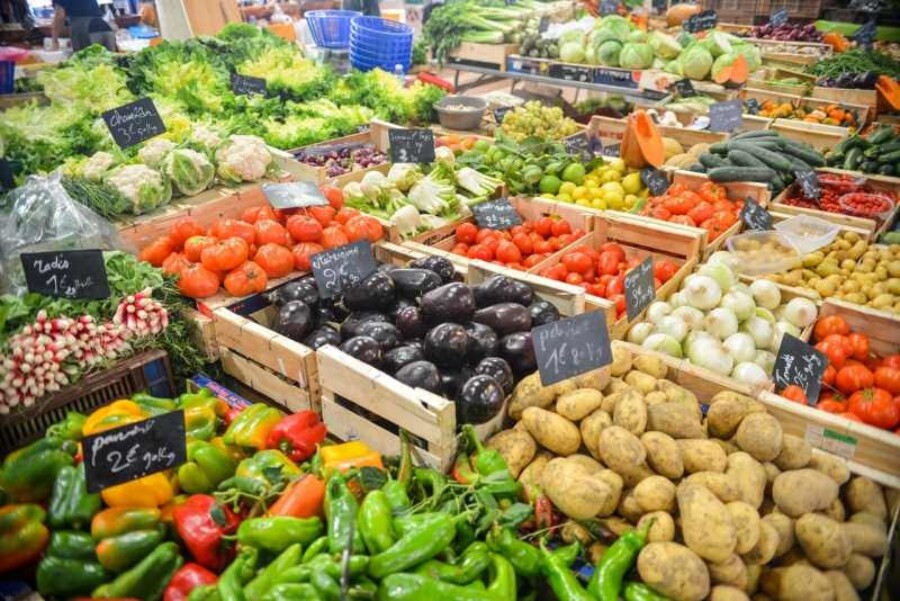Best Foods to Eat (and to Avoid) in Order to Maximize Vein Health

A healthy diet will affect your entire body, but it can be especially beneficial to your veins.
When it comes to venous health, there’s a lot of truth to the old adage, “you are what you eat.” Making the right dietary choices can help prevent new varicose and/or spider veins from developing, or keep existing vein-related issues from getting any worse. If you have a genetic predisposition for vein disease, follow this advice to keep your diet as vein-friendly as possible.
Get Colorful
It’s always a great idea to stock up on colorful produce, particularly if you have a vein condition. Fruits and vegetables are filled with bioflavinoids, which provide antioxidants, reduce inflammation, stimulate blood flow throughout the body, and strengthen connective tissue. These lower calorie, fiber-rich options also prevent weight gain, something closely correlated with the development of varicose veins.
Load your plate with a wide range of tasty choices like strawberries, Brussels sprouts, broccoli, garlic, eggplant, mango, oranges, asparagus, spinach, and bell peppers. Try to eat them raw whenever possible, since uncooked produce retains more vitamins and nutrients.
Not Too Salty
Salty foods result in greater water retention, which puts excessive pressure on your varicose veins. Cutting back on sodium can help you solve this problem, but doing so might be tricky, since sodium is such a common ingredient.
You can easily avoid excessive salt by checking the nutritional facts of any packaged food, but if those aren’t available, remember that common foods like hot dogs and pizza are usually filled with it, along with most pickled, canned, and processed foods.
Ease The Pressure
Your veins can be aggravated when your body is under heavy pressure. External stresses like weightlifting fall in this category, but certain foods can have the same effect.
Some foods can lead to constipation, which places excessive pressure on veins throughout your body. Many foods can lead to it, most notably red meat, chocolate, starches, and dairy products. Most fruits and vegetables prevent it effectively, but keep in mind that bananas can actually promote it when consumed in large amounts.
To aid digestion and reduce vein stress, have more fiber in your diet. According to the USDA, women should consume between 21 to 25 grams of fiber per day, while men should consume between 31 to 38 grams. Particularly fibrous foods include whole wheat grains, brown rice, oatmeal, lentils, and popcorn.
Thirsty?
It’s not just food that matters; drinks affect your veins, as well. Drink water as often as possible, since hydration is essential to maintaining healthy veins. Keeping a water bottle on hand will help you drink more of it. If you’re a milk drinker, try to cut down on the dairy consumption. The same is true for sugary sodas and alcohol.
Containers Matter, Too
Packages are just as important as the food and drink within them. Keep an eye out for the letters BPA; it’s a chemical with similar characteristics to estrogen, except it’s completely artificial and can increase the risk of vein conditions. BPA is often found in the linings of canned goods and some plastic bottles; if a product doesn’t explicitly state that it’s BPA-free, you may want to seek out another option.
While having a healthy diet matters, remember that eating habits alone won’t cure varicose veins. Successful treatment requires a minimally-invasive medical procedure, which you can speak to a doctor about if it sounds right for you. For answers to questions or concerns about your vein health, schedule an appointment today.